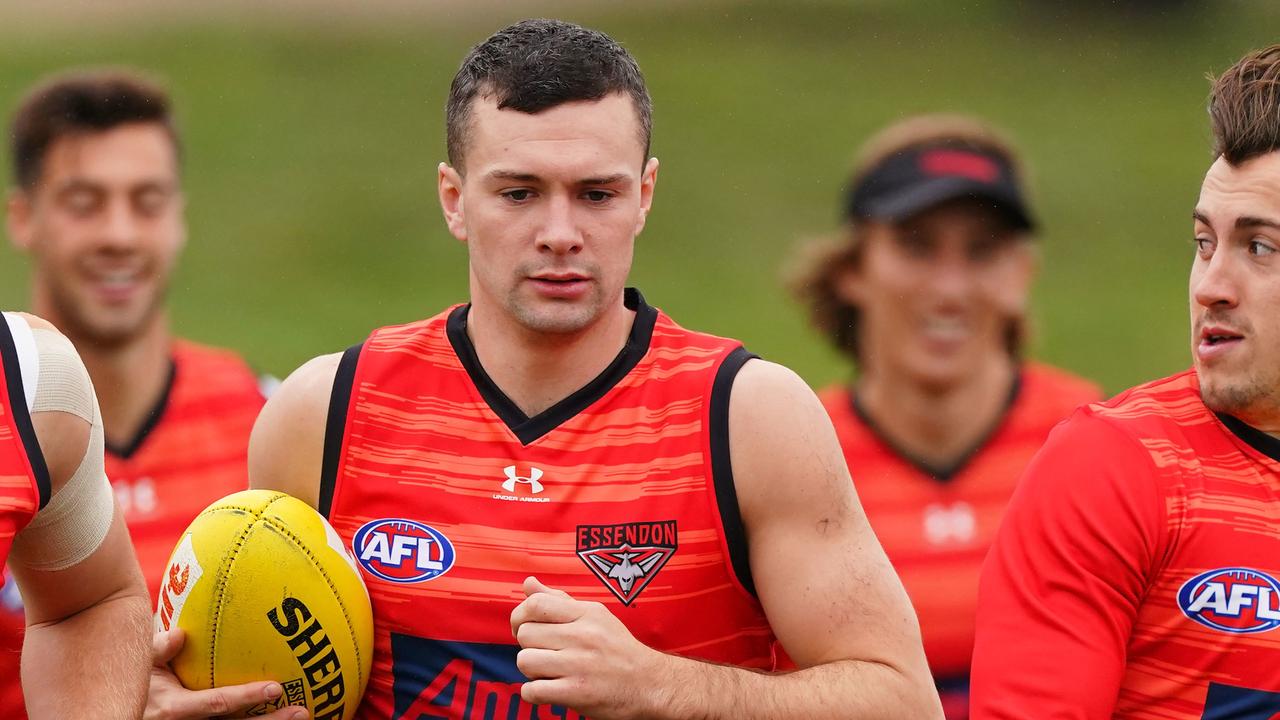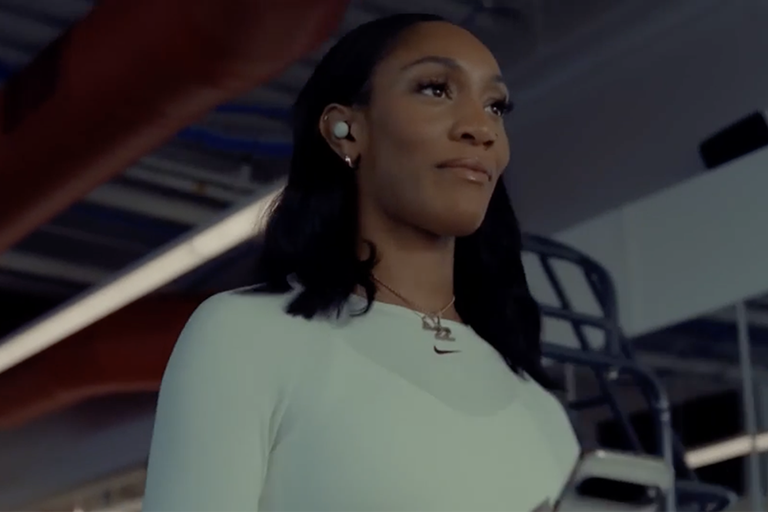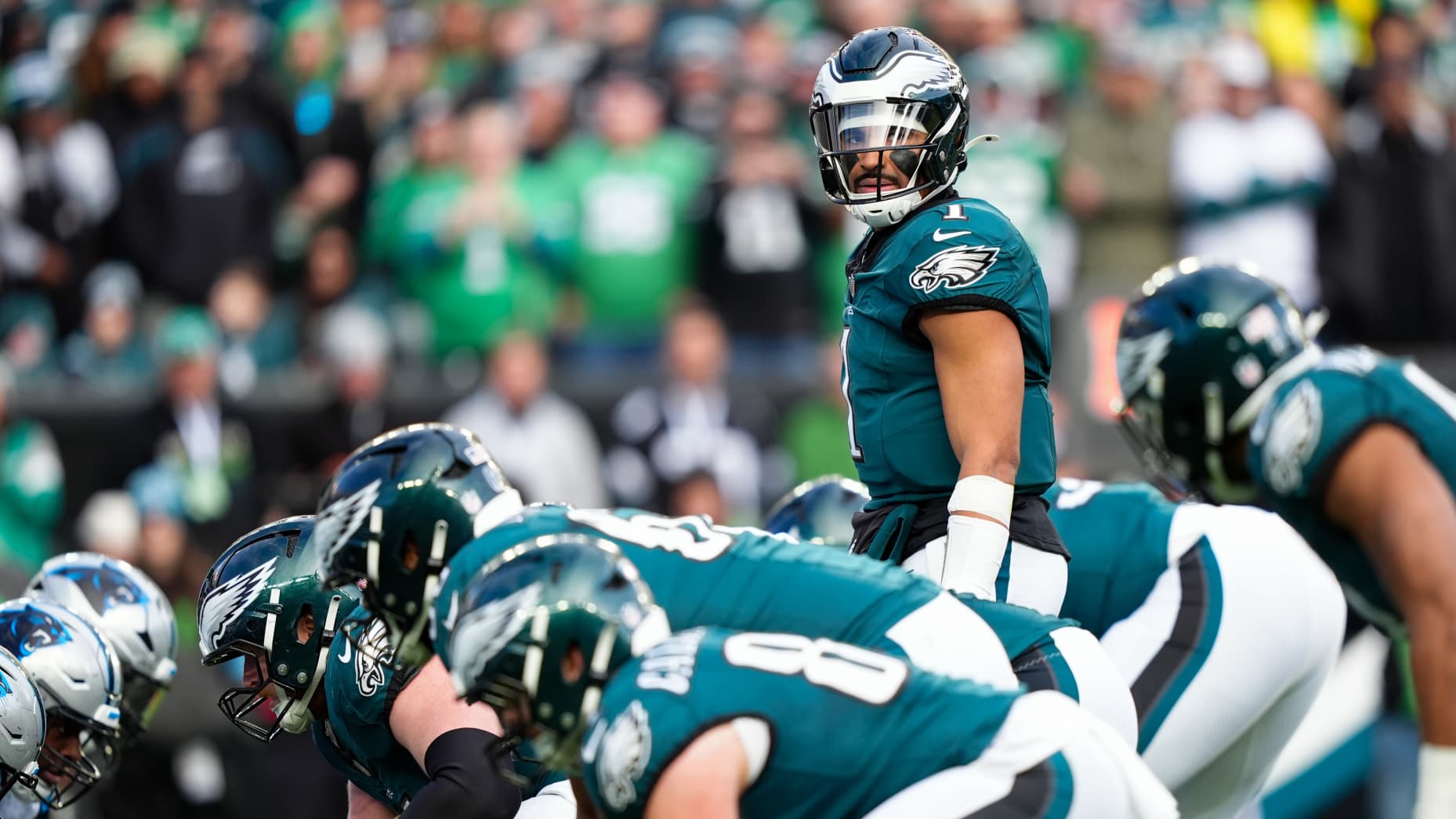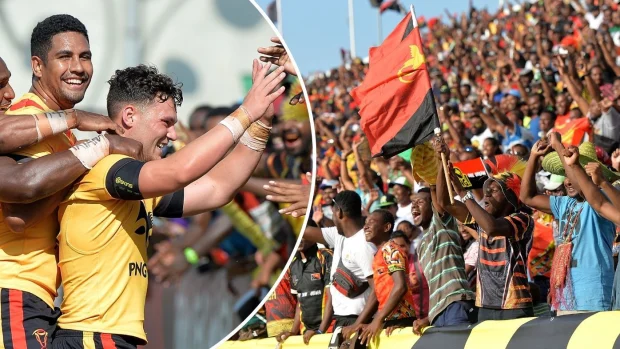Essendon Could Play With Depleted Squad After Positive COVID-19 Test

[mkdf_dropcaps type=”normal” color=”#f55549″ background_color=””]E[/mkdf_dropcaps]ssendon player, Conor McKenna tested positive for COVID-19 on Saturday, forcing the AFL to postpone his side’s clash the following day.
The Victorian Department of Health and Human Services (DHHS) are currently working with the AFL to investigate which of McKenna’s teammates have been in close contact with him, indicating any player who has been in close contact must self-isolate for 14 days.
Despite this, the AFL has confirmed fixtures will continue as long as Essendon has enough players available to field a side, with AFL general counsel, Andrew Dillion, saying the AFL has protocols in place to deal with this situation.
“Ultimately, the AFL rules are pretty clear on this,” Dillon said on radio station, 3AW.
“Leaving coronavirus out of this, as long as you have got 22 players and a couple of emergencies then you are able to field a team.
“So, as far as the AFL rules go, as long as they’ve got enough players to field a team and a couple of emergencies, then we’re ready to play.
“There is a definition for close contact and it’s if you are face-to-face with someone for more than 15 minutes or in a confined space for more than two hours.
“What we are doing with Essendon and also working with the DHHS on is then saying, ‘how does that definition apply in an Essendon training circumstance?’
“We are putting that broad definition across what’s actually happened.
“We’re working through with the DHHS and Essendon at the moment to determine who will be a close contact and who might not be a close contact,” he said.
Those investigations currently taking place are to determine if a number of key Essendon players (specifically Essendon defenders), are now at risk of being unavailable for selection for 14 days due to self-isolation laws.
Victoria’s chief health officer, Brett Sutton, said Essendon’s next series of fixtures could depend on how many players the club has available pending the outcome of the investigations.
“The AFL has already got an existing protocol that minimises the close contacts that any one player will have and they’ll implement that accordingly,” Sutton said.
“The DHHS advice will be to quarantine all of those identified close contacts for two weeks from the time of exposure.
“It really depends on them [Essendon] and what they can manage operationally.
“If that individual has trained with a number of people and has ‘knocked out’, by virtue of close contacts needing quarantine, such a number that they won’t be able to play, then that’s how they’ll have to proceed.
“But if they can manage with the existing playing list, minus those close contacts, then they will proceed,” he said.
Early reports indicate the AFL has decided to restrict contact training sessions to small groups, banning the existing one-per-week contact training sessions with a full squad at least until the final decision has been announced from the investigations.
Latest News



What's Next
It's free to join the team!
Join the most engaged community in the Sports Business World.
Get all the latest news, insights, data, education and event updates.



